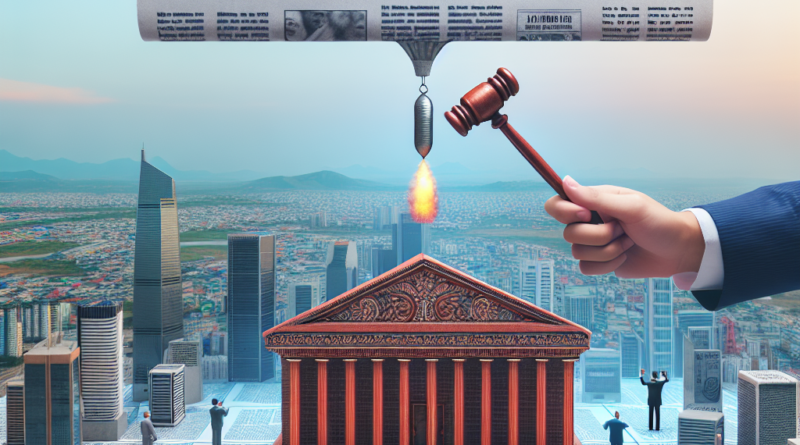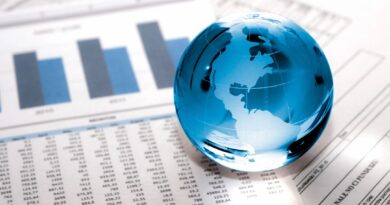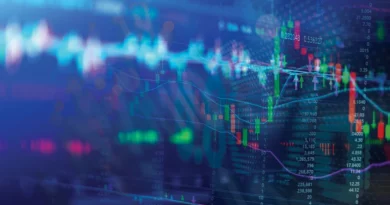Attention: Inflation Expected to Rise Further Due to Overlooked Factor
The Global Shipping Market Tension and the Fear of Inflation
The global shipping market tension is reigniting fears of the return of inflation.
While central banks are instilling confidence and expecting cooling consumer prices, it is equally realistic to think that the global economy remains susceptible to shocks capable of triggering inflation at any moment.
An analysis by Bloomberg has brought back to the spotlight a long-standing issue that has been somewhat overshadowed in recent months: port congestion and supply chain disruptions.
The historic $25 trillion global trade disruption, which peaked two years ago, has left deep economic scars, inflation, and concerns about shortages.
When the Red Sea began to be targeted by Houthi rebels, the alarm on container ships resurfaced.
The trade of goods is weathering its first post-pandemic shock without any significant increase in global consumer prices.
However, it is not guaranteed to persist if the problems prove to be persistent or start to bog down logistics.
In that case, prices would still have room to soar.
Inflation Alert: Why the World is Underestimating It
“We believe that markets are underestimating the risk of rising shipping prices,” wrote Nomura economists led by George Moran in London in a research note on Wednesday.
“Our model suggests there could be significant upward pressure on inflation.”
For central banks around the world that have begun or are preparing interest rate cuts, any resurgence in consumer price inflation would pose a significant challenge.
What could assist policymakers are intensified efforts by the maritime industry to address imbalances.
The fragility of global trade has been highlighted by the six months of attacks on ships in the Red Sea, which few experts had predicted would last this long.
While the disruptions have not reached the levels seen during the pandemic, importers warn that costs will eventually have to be passed on to consumers, and the latest disruption is a further incentive to bring production closer to points of sale.
Impact on Businesses
Businesses are already feeling the effects of the disruptions.
COE Distributing, an office furniture wholesaler based in Pennsylvania, is among the companies being affected.
The company used the Red Sea route to import about 50% of its products from manufacturers based in Asia.
While the current impact may not be visible to most US consumers yet, JD Ewing, the company’s CEO, stated that they are starting to see impacts on material costs and may have to increase prices for customers next year.
Greg Davidson, co-founder and CEO of Lalo, a New York-based baby products company that ships hundreds of containers annually from Asia, mentioned that the highest amount he paid for a 40-foot cargo box in 2022 was around $21,000.
Industry speculations now suggest that rates will return to $20,000, which would represent a significant increase from the recent $9,000 he paid.
With US and European wholesalers and retailers racing to stock up ahead of the holiday shopping seasons, the alarm is high, fueled by the threat of higher US tariffs on Chinese imports.
European companies are particularly feeling the impact due to their closer proximity to the Red Sea.
DFS Furniture Plc, a UK furniture retailer, issued a profit warning last month, citing Red Sea disruptions that have increased shipping costs and delayed deliveries.
Alex Baldock, CEO of Currys Plc, stated in an analyst call last month that the supply chain and service operational costs have hit “the gross margin threshold,” forcing the British electronics retailer to implement cost control measures.
In a recent research report, Wells Fargo economists Tim Quinlan, Shannon Seery Grein, and Nicole Cervi wrote that it is “unlikely that the current higher shipping costs will be fully passed on to the end buyer.” However, such expectations could change in the event of another shock, such as a drought in the Panama Canal, labor unrest in German ports, or a strike by port workers on the US East Coast and Gulf.




